Irrigation Systems in the City and the Vega of Granada
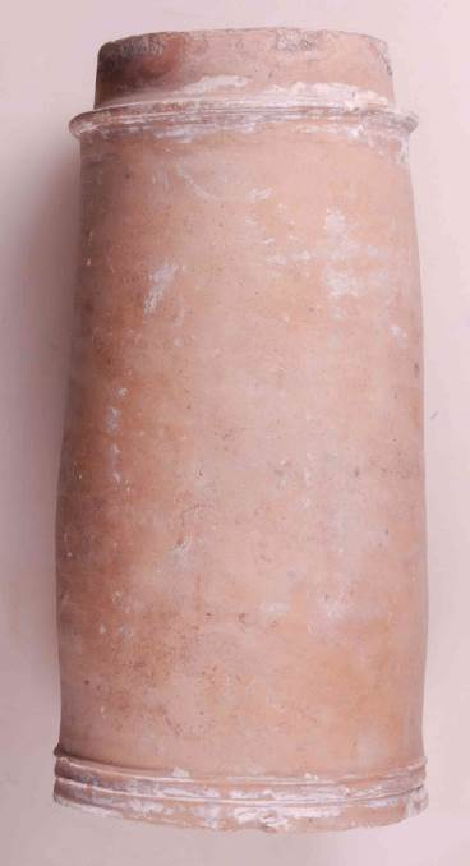
In this themed talk we will be looking at the irrigation systems in Granada and its surrounding vega (fertile plain) in the Nasrid era. These systems were introduced by the Hispano-Muslims, and were described by the historian al-Razi as early as the 10th century. They remained in use almost unaltered until the mid 20th century.
Researchers studying the Nasrid era base their work on documents in Arabic from Granada, others from the Temple area translated from Arabic into Spanish, and the Libros de Repartición, the books recording the sharing out of land after the Christian conquest; as well as on archaeological remains found in the vega and other agricultural land in Granada.
The thirty villages that make up the vega of Granada were criss-crossed by thousands of kilometres of water channels and devices such as dividers, spillways and diversions, all of which were built for controlling the flow in the water channels. Building the channels was no easy task and the following were required for their design:
- A study of the lie of the land, as it was impossible to irrigate above the “rigidity line” (uphill) of the water channel due to the problem posed by gravity.
- Calculate the area of the territory that they wished to irrigate, as the construction of channels required a large economic investment.
The first report we have about water channels in the Vega, is at the end of the 12th century under Almohad rule. It states that the waters of the River Genil were distributed for the irrigation of Granada and its neighbouring villages.
This distribution of waters is the oldest surviving document of its kind and was done by Abdalla, a man of whom we know due to the copying in 1502 of a document dating from 1219, in which he is referred to as “…..the well-known distributor of this river (Genil) to the villages of Granada by virtue of the power invested in him for this purpose”. The importance of this particular document lies in its lasting influence on water distribution since then.
Another enduring feature are the turns at watering (the times allocated to each farmer for watering his land), which in Muslim times were associated with the five calls to prayer made by the muezzin from the top of the tower in the Mosque. These went from the first rays of sunlight at dawn to about two hours after nightfall.
The aim of this talk is to analyse irrigation-based agricultural practices which transformed the landscape, society and economy, with a series of physical and intangible features that have endured until today.
- Time: 2nd and 3rd Sundays, 13th and 20th August at 12.00
- Place: Museum of the Alhambra, Palace of Charles V
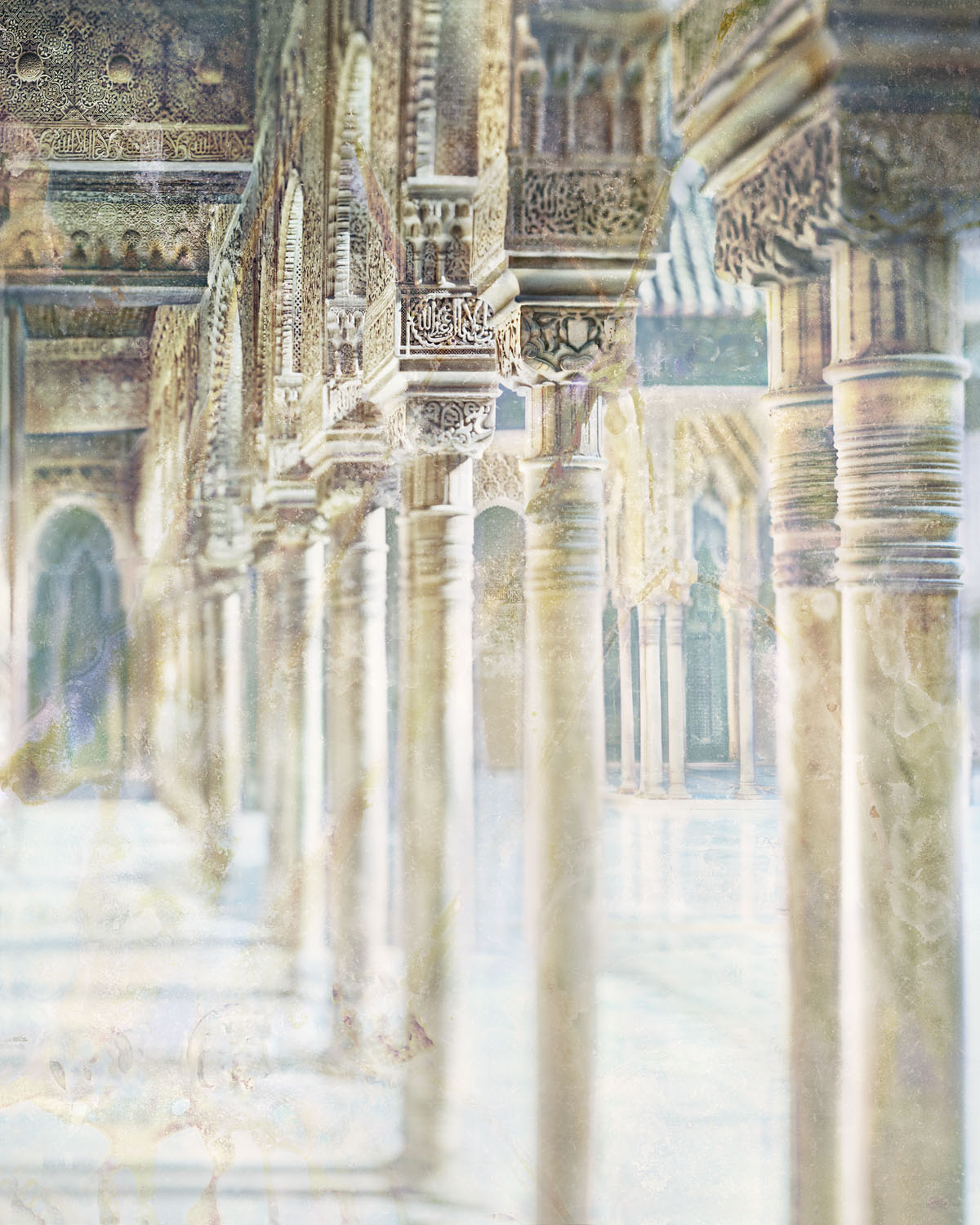
La Alhambra, a look from Fernando Manso
MORE INFORMATION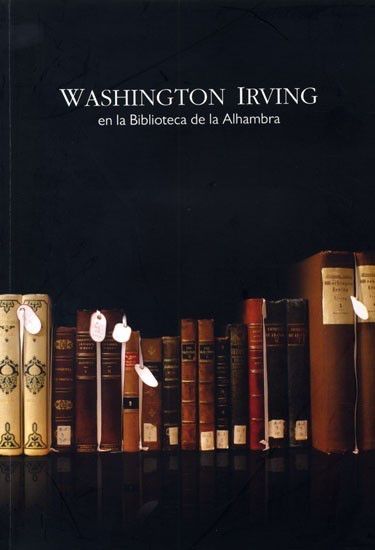
WASHINGTON IRVING AND THE ALHAMBRA
MORE INFORMATION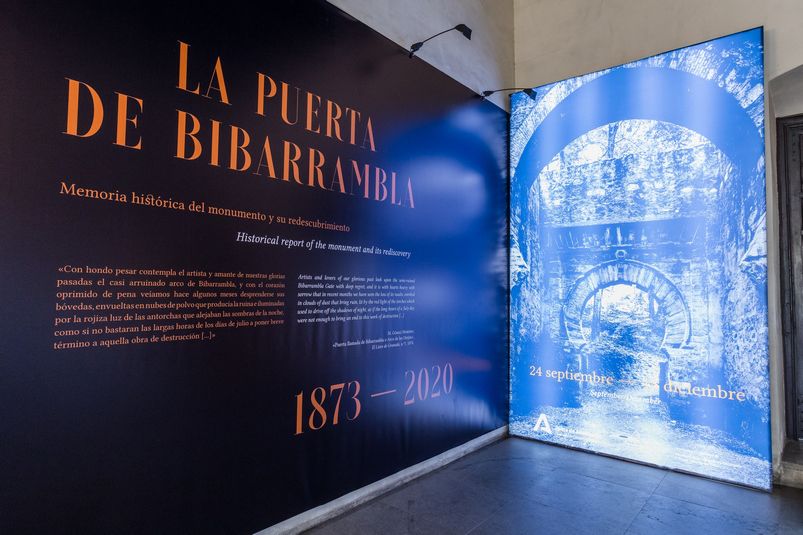
THE GATE OF BIBARRAMBLA. Historical report of the monument and its rediscovery
MORE INFORMATIONTHE EMPEROR´S CHAMBERS
MORE INFORMATION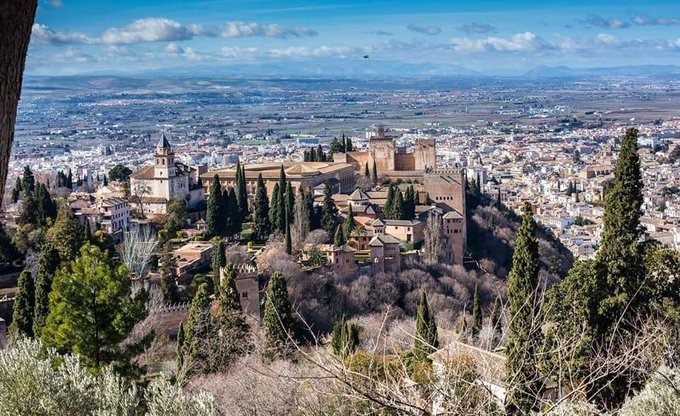
The Council of Alhambra and Generalife will refund automatically the full amount of the bookings
MORE INFORMATION





 Contact
Contact















